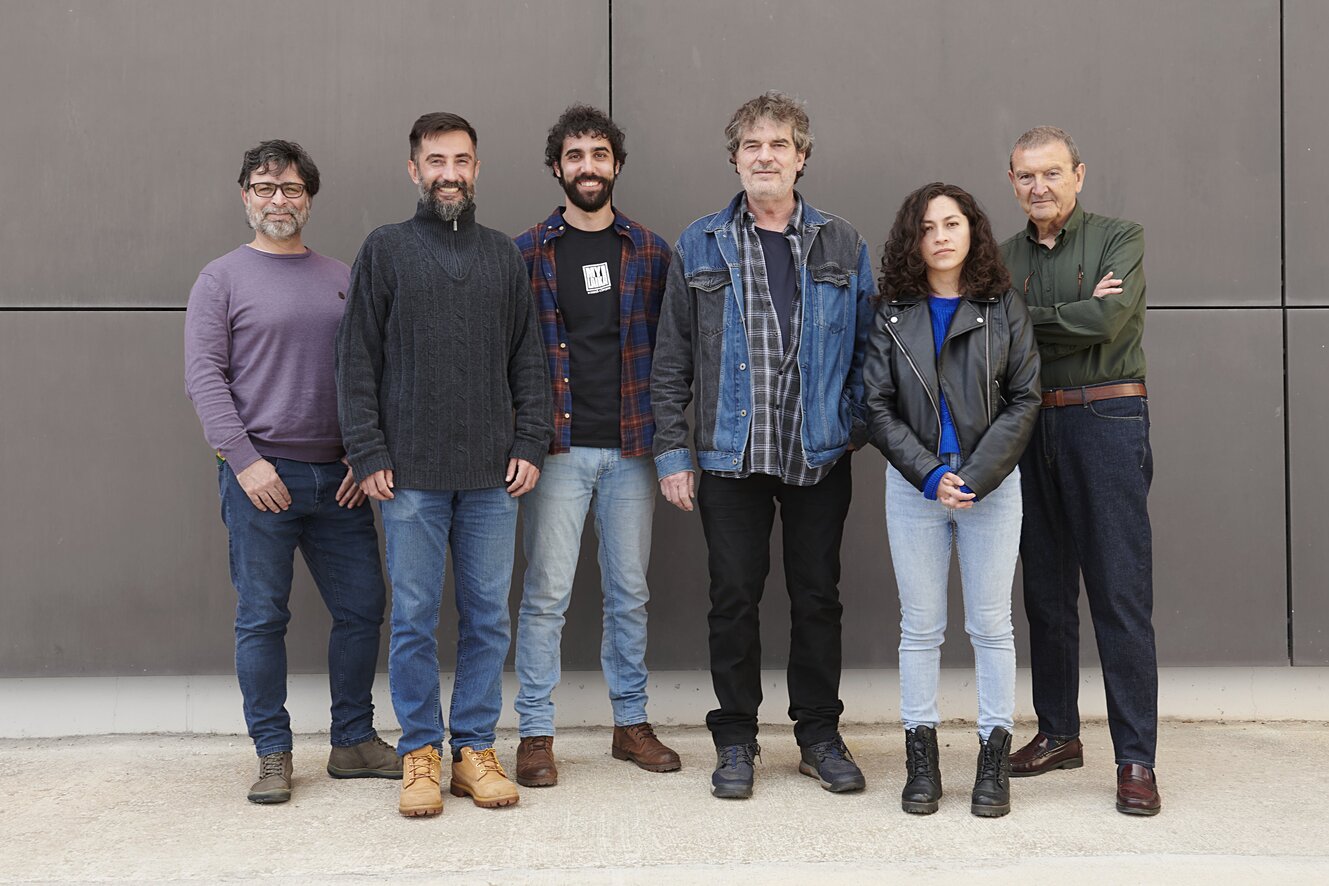Neurobiological and neurogenetic basis of mental disorders
Our group aims to investigate the psychological, neurobiological, neurogenetic and epigenetic mechanisms involved in the differential psychiatric-relevant profiles of two genetically-based rat models, namely the inbred Roman Low-Avoidance (RLA) and Roman High-Avoidance (RHA) rat strains.
These two rat strains exhibit differential profiles in anxiety-, depression-, stress-, impulsivity- and schizophrenia-relevant behavioral and neural traits, as well as markedly divergent vulnerability to abused drugs and addiction. These profiles make them interesting models of internalizing (RLA) vs externalizing (RHA) psychopathological symptoms.
We intend to investigate whether these genetically-based profiles can be enduringly influenced by "positive" early experiences (i.e., infantile-juvenile environmental stimulation treatments), such as neonatal/juvenile handling-stimulation. Most importantly, we will study whether the early experience-induced effects on neurobehavioral traits are linked to epigenomic changes by carrying out an “epigenome-wide association study” (EWAS) in prefrontal cortex and hippocampus of “early experience”-treated and untreated rats of both strains and sexes.
The general objective is to start elucidating some of the brain genetic-epigenetic mechanisms that may mediate the enduring effects of early "positive" (vs "negative") experience on neurobehavioral psychiatric-relevant traits.
- From phenomes to genes: phenotype-based top-down strategies in rats for research on the neurobiological, genetic and epigenetic bases of psychiatric-relevant traits
- Contribution of the Roman rat strains to neurobehavioral modeling of internalizing-externalizing psychopathologies
- Frontocortical and hippocampal maturation and function, and effects of "positive" or "negative" early experience in a genetic rat model of differential anxiety/stress- and schizophrenia-relevant traits.
- Developmental changes in brain gene expression as a function of rat (RLA vs RHA) strain and early environmental experience.
Our group's research has long been focused on studying the neurobehavioral bases of the differential, psychiatric-relevant profiles of the RHA vs RLA rat strains, as well as the effects of various infantile-juvenile environmental treatments on their genetically-based neural and behavioral phenotypes.
Our current research interests are focused on delving deeper into these aspects. We intend, on the one hand, to continue exploring what neurogenetic processes are critical in the cortical immaturity (and cortical-hippocampal functional alterations) of RHA (vs RLA) rats, and how certain infantile-juvenile experiences can counteract such an immaturity both at the neurobehavioral level and at the level of relevant gene function.
On the other hand, we intend to study the epigenetic/epigenomic mechanisms that may be involved both in the neurobehavioral differences between RHA and RLA rats and in the changes produced in their profiles by early experience.
Dr. Alberto Fernández-Teruel
Additional information
